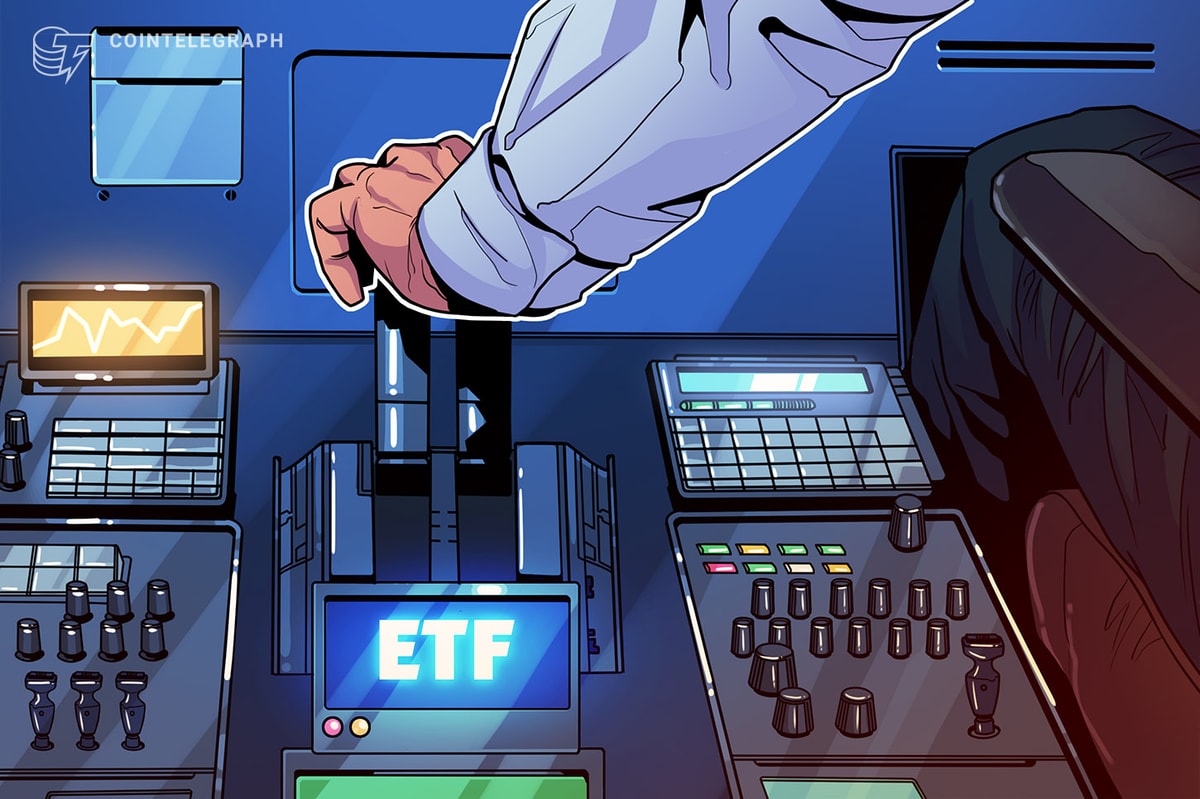India’s national payment network, the unified payments interface (UPI), is expanding its services beyond Indian borders, integrating with Singapore’s PayNow rapid payment system. Shaktikanta Das, governor of the Reserve Bank of India, and Ravi Menon, managing director of the Monetary Authority of Singapore, launched the facility through token transactions using the UPI-PayNow linkage.
The UPI-PayNow integration will allow users of the two nations to send money across borders quickly. It is possible to send or receive money from India using only a UPI-id, cellphone number or virtual payment address for money held in bank accounts or e-wallets. UPI’s instant real-time payment system helps to transfer cash immediately via a mobile interface between the two bank accounts.
UPI goes Global!
— MyGovIndia (@mygovindia) February 21, 2023
Since UPI was introduced as a payment system in India, it has revolutionised the lives of Indians, but in fact, India’s digital payment system is steadily becoming globally attractive & is being adopted by other countries.#indiafirst #IndiaSingaporeRelations pic.twitter.com/55sGh5bzbZ
Initially, the State Bank of India, Indian Overseas Bank, Indian Bank and ICICI Bank will facilitate outgoing remittances. Axis Bank and DBS Bank India will facilitate incoming remittances. DBS Bank and Liquid Group will provide the service to users in Singapore.
Related: The regulatory implications of India’s crypto transactions tax
ICICI Bank is also part of India’s central bank digital currency (CBDC) program. India launched its CBDC pilot in two phases: in November 2022 for the wholesale market and in December for retail users. Since the pilot started, the digital rupee project has logged 770,000 transactions involving eight banks. Five cities are already participating in the experiment, with nine more cities possibly joining the trial soon.
Sathvik Vishwanath, CEO of Indian crypto exchange Unocoin, told Cointelegraph:
“This is a great value addition for India’s payment rails given that there is close to 30% population in Singapore are ex-pats, and they send money to India once a month or a quarter. This integration eliminates friction reducing the processing time and costs.”
India’s digital payment infrastructure has scaled dramatically over the past few years with the advent of COVID-19. However, the government is skeptical about crypto, imposing a 30% tax on crypto gains, which forced major players to move out of the country. However, the government is keen on using blockchain technology for its CBDC program, with existing infrastructure helping to scale its CBDC program.











